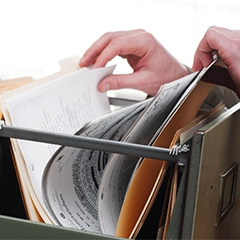Sound Valuation Report Keeps Expert Alive in Daubert Fight
March 29, 2017 | Court Rulings, Fraud Prevention, Valuations
MSKP Oak Grove, LLC v. Venuto, 2016 U.S. Dist. LEXIS 84950 (June 29, 2016)
 A recent fraud case illustrates how a thorough expert report can help an embattled valuator stay the course even in the tumult of litigation. The key is to document everything.
A recent fraud case illustrates how a thorough expert report can help an embattled valuator stay the course even in the tumult of litigation. The key is to document everything.
Need for reverse engineering
Four defendants sold their tanning salon franchise to a third-party buyer for $40 million. The day the transaction closed, they each received over $5.8 million of the sales proceeds. The company soon stopped operations, and the buyer eventually went into bankruptcy. The plaintiff was a creditor that had tried to collect a $411,000 judgment against the company.
To support its allegations of intentional and constructive fraudulent transfer of assets, the plaintiff hired a valuation expert. In her reports, the expert explained that she had not been provided with many of the documents “normally maintained by companies of this size for tax and management purposes.” Also, the documents that were made available to her came in PDF format and excluded critical underlying information. To speak to the company’s solvency, she had to recreate the company’s financial situation.
The defendants attacked the expert opinion in a Daubert motion, contending the expert used hindsight to value the subject company. The court found the expert’s methodology was reliable. She sufficiently documented how the many assumptions, estimates, and adjustments that went into her recreation of missing income statements and balance sheets aligned with AICPA valuation standards and authoritative treatises.
The takeaway
Know the valuation standards, follow them, and prepare a comprehensive expert report that explains how your approach accords with the standards of the profession.
